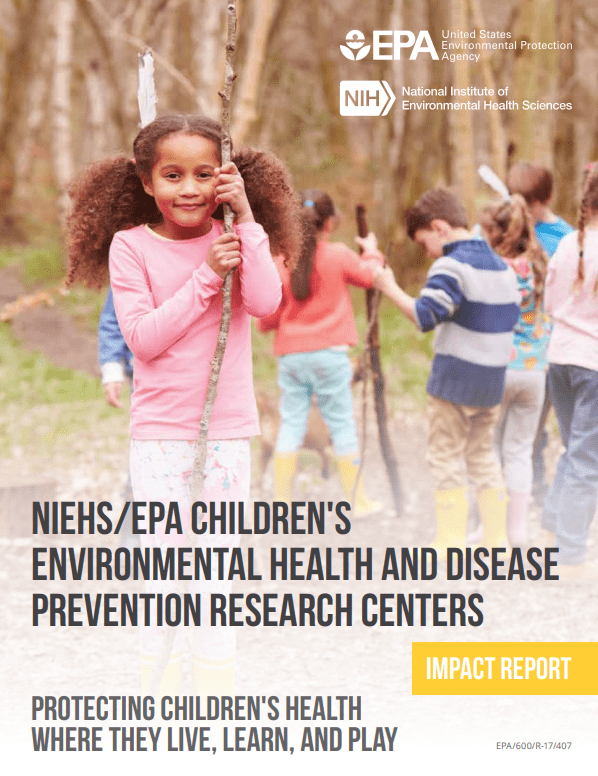CRECE Research Center
CRECE studies air pollution impacts on child development, and pollutant mixtures and their effects on human health.News
CRECE Early Career Investigator Emily Zimmerman to be promoted to Associate Professor with Tenure
In May 2020, CRECE and ECHO Researcher Emily Zimmerman was officially recommended for promotion to Associate Professor with Tenure. As Project 1 Co-Investigator and the Early Career Investigator for...
Huerta-Montañez elected to Executive Committee of the Council on Environmental Health of the American Academy of Pediatrics
Earlier this month, PROTECT, ECHO, & CRECE pediatrician and scientist Gredia Huerta-Montañez was elected to the National Executive Committee of the Council on Environmental Health (COEH) of the...
PROTECT CEC Co-Director Carmen Vélez-Vega Appointed to EPA’s Children’s Health Protection Advisory Committee
Dr. Carmen M. Vélez-Vega, co-director of the PROTECT Community Engagement Core, has been appointed to the EPA’s Children’s Health Protection Advisory Committee (CHPAC). The CHPAC consists of...
CRECE Publications
Find our research in leading environmental health journals.
Released: Children's Centers Impact Report
The NIEHS/EPA Children’s Environmental Health and Disease Prevention Research Centers have recently released their Children’s Centers Impact Report.
Research Outcomes
Between 2015 and 2022, the Center for Research on Early Childhood Exposure and Development in Puerto Rico (CRECE) studied how mixtures of environmental exposures and other factors affect the health and development of infants and children living in the heavily-contaminated island of Puerto Rico.
Since 2016, CRECE has participated in the NIH’s Environmental influences on Child Health Outcomes (ECHO) program. ECHO unites mother and child cohorts across the United States to better understand the impacts of environmental exposures on children’s health. More information about the CRECE cohort’s involvement, including links to recent ECHO publications involving CRECE researchers, are available on NIH RePORTER.

